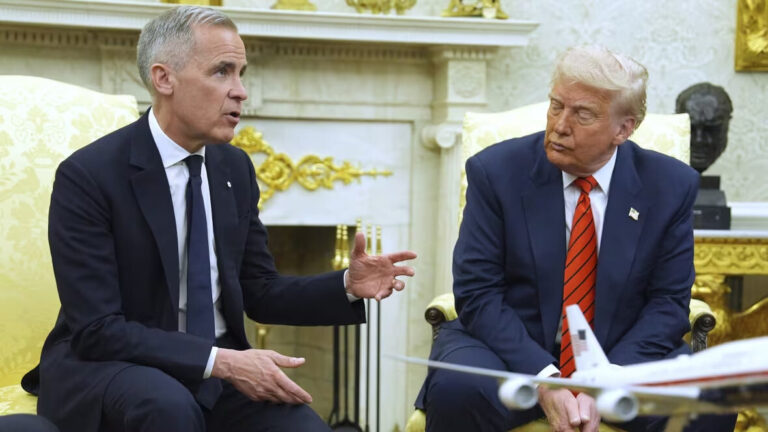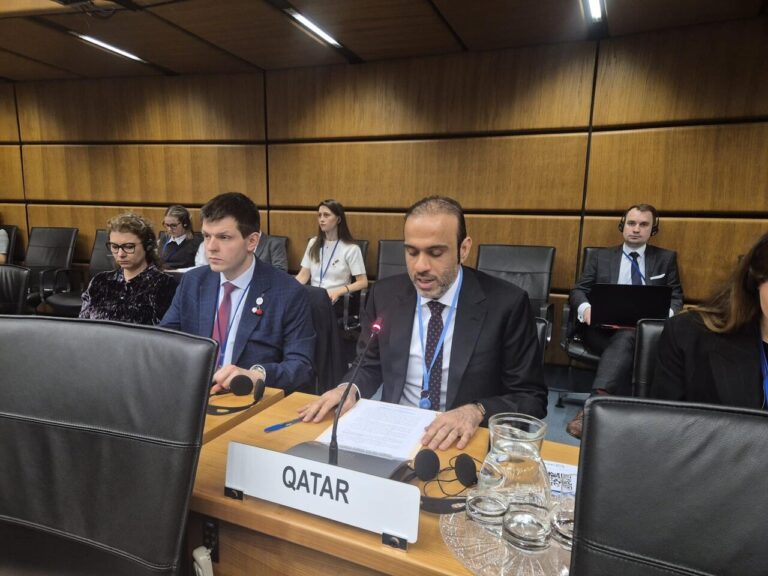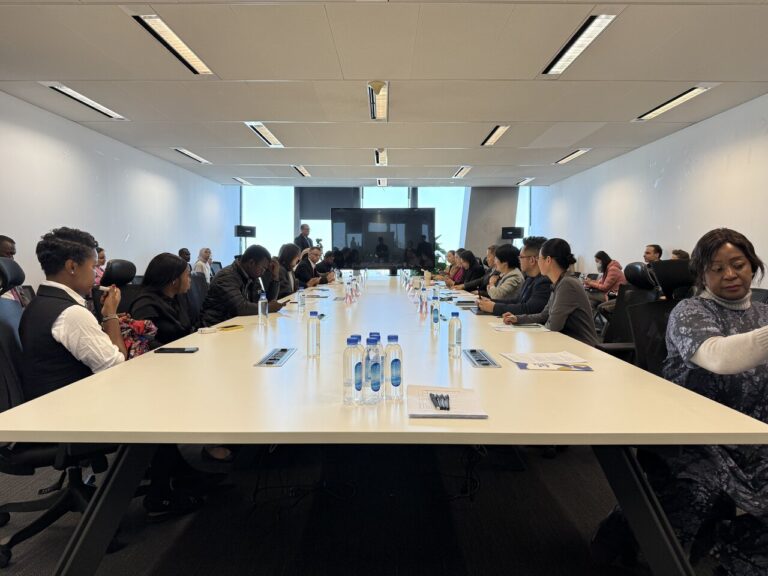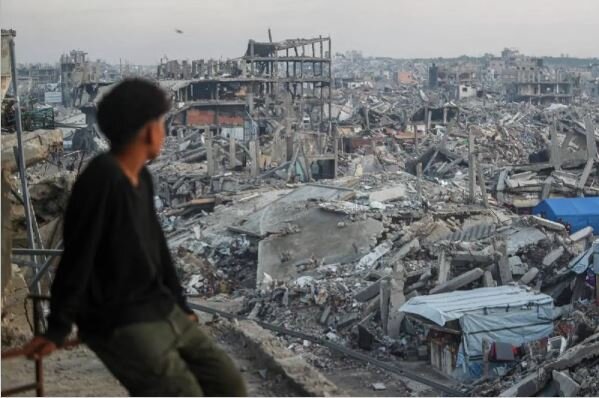Syria on the Edge: Tensions Escalate as Crisis Deepens Again
Violence has unfortunately resurfaced in certain areas of Syria, raising concerns about the potential for widespread unrest. The ongoing turmoil threatens to reignite the flames of conflict in a nation that has already endured more than a decade of civil war and terrorism. The plight of the Syrian people remains dire, and without immediate intervention, the situation could worsen significantly.
In December 2024, the Hay’at Tahrir al-Sham (HTS), led by Abu Mohammad al-Julani, swiftly seized control of vast territories in Syria, taking advantage of the army’s unwillingness to resist. This takeover marked a pivotal moment in Syrian history, as Julani, who has since adopted the name Ahmed al-Sharaa, called upon his forces to refrain from violence during their initial takeover. This appeal generated a wave of hope among the Syrian populace, suggesting the possibility of a new era.
However, recent reports indicate that the HTS may not have fully shed its violent past. The brutal killing of Alawites, a minority group loyal to the Assad regime, has reignited fears among neighboring countries and beyond. According to Forbes, security forces and pro-government militias executed at least 38 Alawites in a chilling incident in al-Mukhtareyah, with eyewitnesses recounting indiscriminate attacks on civilians.
The situation is further complicated by the presence of various terrorist factions, including members of the Turkistan Islamic Party, who have infiltrated Syria during the civil war. Alarmingly, some of these individuals have been elevated to significant military positions within the country. This has allowed them to target Alawites and Christians without fear of repercussion.
The urgent need for change is clear. Julani, now known as Sharaa, must take decisive action by declaring a general amnesty. It is crucial for him to move beyond mere rhetoric and demonstrate a genuine commitment to peace. He should avoid repeating the grave errors made by Bashar al-Assad, who suppressed protests during the Arab Spring, leading the nation down a path of chaos.
To prevent Syria from descending into another cycle of violence, it is imperative that all Syrians—regardless of their religious or ethnic backgrounds—are treated with equality and respect. The path to a stable and peaceful Syria hinges on the ability of its leaders to foster unity among its diverse population.
- The HTS’s control: Under Abu Mohammad al-Julani, the HTS took rapid control of Syria in December 2024.
- Hope for change: Julani’s initial call for non-violence sparked optimism among the Syrian people.
- Recent violence: Reports of the massacre of Alawites have raised alarms in the region.
- International implications: The killings are causing unease among neighboring countries.
- The role of terrorist factions: Groups like the Turkistan Islamic Party are exploiting the situation to target minorities.
- Urgent actions needed: Julani must declare amnesty and avoid the mistakes of the past.
- Call for equality: Addressing the needs of all Syrians is critical to preventing further violence.
In conclusion, the return of violence in Syria is a grave reminder of the fragile state of peace in the region. With the weight of history on their shoulders, leaders like Sharaa have a responsibility to shape a future where all Syrians can coexist peacefully. Only through genuine efforts to promote equality, justice, and reconciliation can the nation hope to heal from the wounds of war and build a brighter future.






